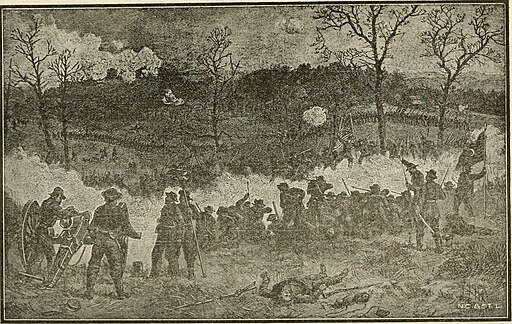On March 25, the United Nations Security Council passed Resolution 2728 , regarding the ongoing war in Gaza, by a vote of 14-0. The United States abstained rather than – as it usually does when the Israeli regime dislikes a resolution – using its “permanent member” veto.
The meat of the resolution “[d]emands an immediate ceasefire for the month of Ramadan respected by all parties leading to a lasting sustainable ceasefire, and also demands the immediate and unconditional release of all hostages, as well as ensuring humanitarian access to address their medical and other humanitarian needs, and further demands that the parties comply with their obligations under international law in relation to all persons they detain.”
Continue reading “The Big Question About the UN Security Council’s Gaza Ceasefire Resolution”




